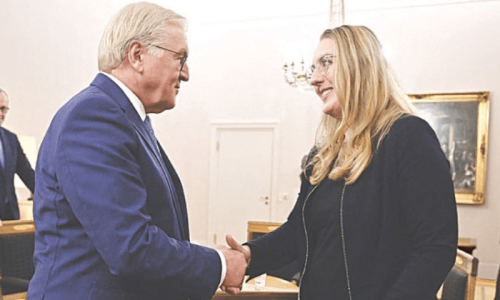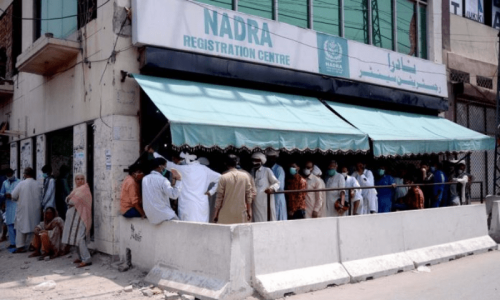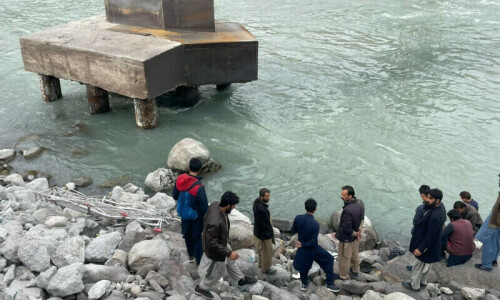ISLAMABAD, Dec 17: The government on Wednesday ratified a protocol to help Afghanistan join the club of South-Asian countries that may especially accelerate bilateral trade to more than $3 billion between the two countries in the next few years.
Pakistan became the third country after India and Sri Lanka to have ratified the protocol of accession of Afghanistan to South- Asian Free Trade Agreement (Safta) in a cabinet meeting, headed by Prime Minister Syed Yousuf Raza Gilani.
A senior official in the commerce ministry told Dawn that Pakistan would be the major beneficiary of the Kabul accession to the Safta as it has been estimated that accession may accelerate exports of Islamabad to more than $2 billion from existing around $1 billion to Afghanistan.
Statistics showed that Pakistan exported $1.14 billion during 2007-08 and imported $91 million worth commodities from Afghanistan during the period under review.
According to the official, the thorny issue of transit, however, will remain unresolved as Safta cannot automatically grant permission for movement of transit goods.
“This issue needs to be negotiated separately. We have to decide about transit points for movement of goods among the Saarc countries,” the official added.
Afghanistan joined Saarc as its eighth member during the 14th Saarc Summit held at New Delhi on April 3-4, 2007. The seven Saarc member countries signed an agreement on March 2, 2008 in Colombo which allows Afghanistan to join the Safta agreement.
Afghanistan has given concessions on all other items to all Saarc countries, including Pakistan, while placed 1,072 tariff lines in the sensitive list which will not be subject to any tariff reduction.
After the requisite notification by the Saarc Secretariat, the Federal Board of Revenue (FBR) will issue tariff reduction notification in favour of Afghanistan as a ‘Least Developed Contracting State’ (LDC) of the Safta agreement.
A senior joint secretary in the commerce ministry, Shahid Bashir, said that after becoming member of the Safta, Afghanistan would now cannot increase tariff unilaterally for any country.
He said Pakistan has already reduced customs duty on maximum products import from Afghanistan, particularly fruits and vegetables up to five per cent under a statuary regulatory order to increase bilateral trade between the two countries.
Afghanistan has increased customs duty up to 40 per cent on irritated water (purified water) from Pakistan, which drastically reduced import of these commodities. But as irritated water was not included in the sensitive list of Kabul, the duty will finally be reduced to five per cent, Mr Bashir said.












































Dear visitor, the comments section is undergoing an overhaul and will return soon.